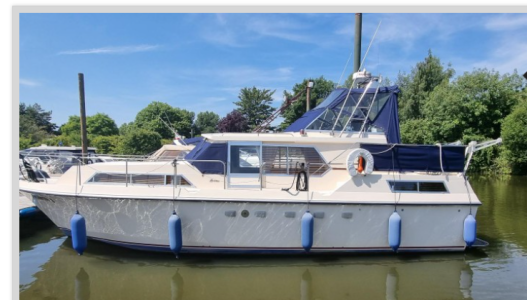lilianroyle
Well-Known Member
I am in the process of making the transition from sail to motor. I’m looking at 70’s TSDY’s
A couple of things. I find the idea of not having a sail a bit unnerving. What to do if the engines stop working? I assume it would be very unusual for both engines to fail, why might that happen? I saw a couple of photos of Silver type boats with auxiliary steadying sail. Do motors boats of the channel crossing type ever jury rig sails?
Secondly I’m looking for something that would be reasonably seaworthy but suited also for European rivers and canals. Given the speed limits on the canals would it be best for the engines to be run just 1 at a time at higher revs or both at lower.
Thanks in advance for your thoughts
A couple of things. I find the idea of not having a sail a bit unnerving. What to do if the engines stop working? I assume it would be very unusual for both engines to fail, why might that happen? I saw a couple of photos of Silver type boats with auxiliary steadying sail. Do motors boats of the channel crossing type ever jury rig sails?
Secondly I’m looking for something that would be reasonably seaworthy but suited also for European rivers and canals. Given the speed limits on the canals would it be best for the engines to be run just 1 at a time at higher revs or both at lower.
Thanks in advance for your thoughts

